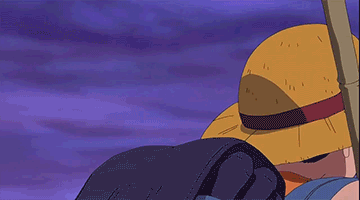Humor usually is our ability to point our relevant and incredibly realistic and bluntly obvious points about ourselves, and laugh. We laugh..because they are true, and this is usually because they are points we wouldn't usually want to put into the spotlight.
Satire in science fiction does just that - it highlights some very obvious (usually unflattering) points in our present existence and exaggerates (some might not even call it exaggeration..) them to a semi realistic future where rules and social norms run far away from where they are now.
I think this kind of ties in with Oryx and Crake, but on a lighter side of things. Though, I must say, that the ability to create humor in these things doesn't mean it isn't a very serious problem.
In Idiocracy, we find channels devoted to just getting hit in the nuts (a simplified version of Americas Funnies Home videos anyone?)
I find similarities Oryx and Crake where we have "Noodie News" and the extinct animal game.
It is interesting that really the only difference in these two genres is the ability to poke humor at the situation in one, and the bluntness of how things are in the other. Nothing too different, but the way we perceive them. This is semi terrifying because the latter is terrifying, yet they are the same things. Is it all going to end up boiling down to our own perceptions of things? Can something be OK because we end up being OK with it and brushing it off?
I would like to take the time to throw out the quote, "If you are not completely appalled, you haven't been paying attention."

